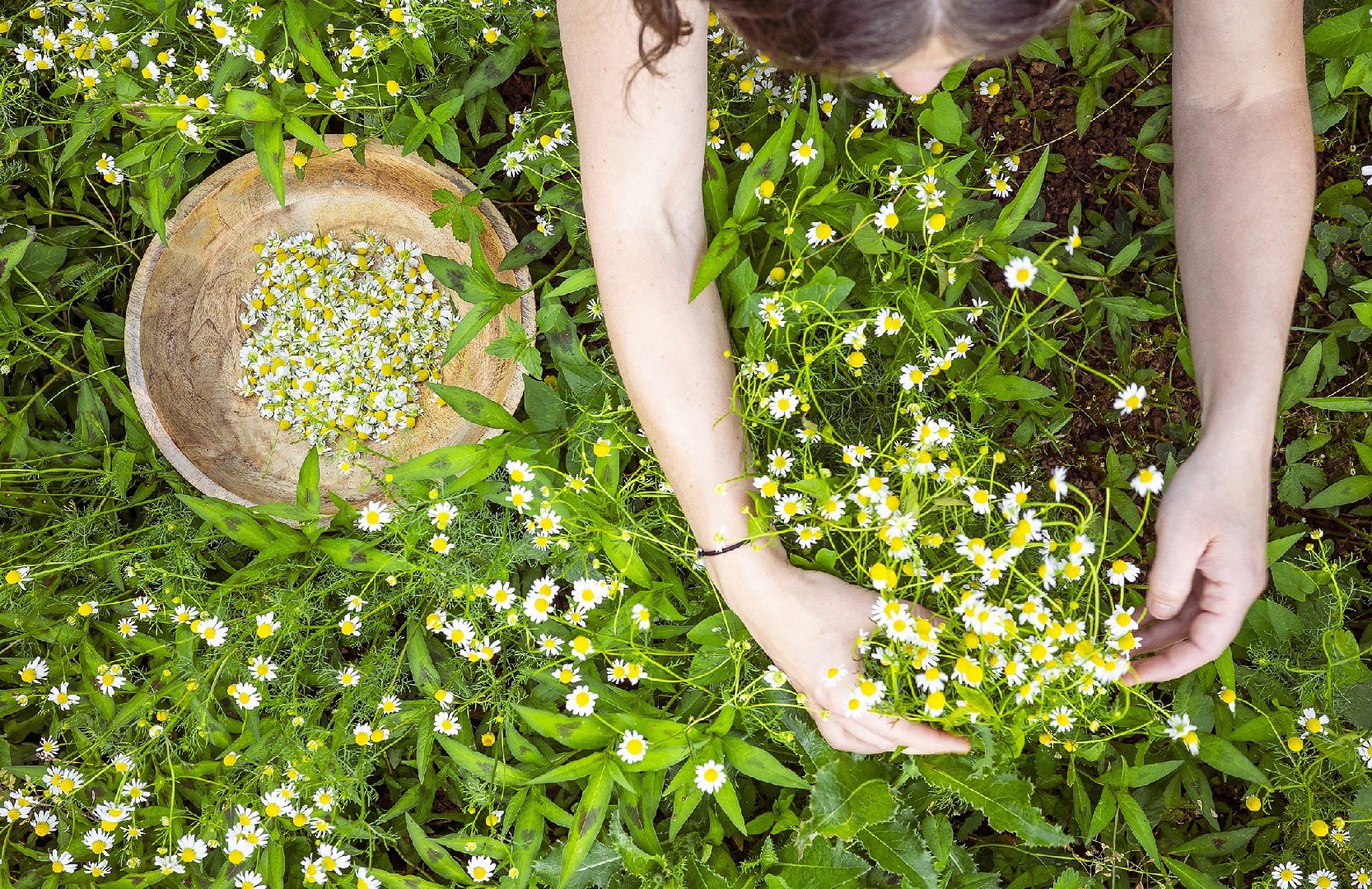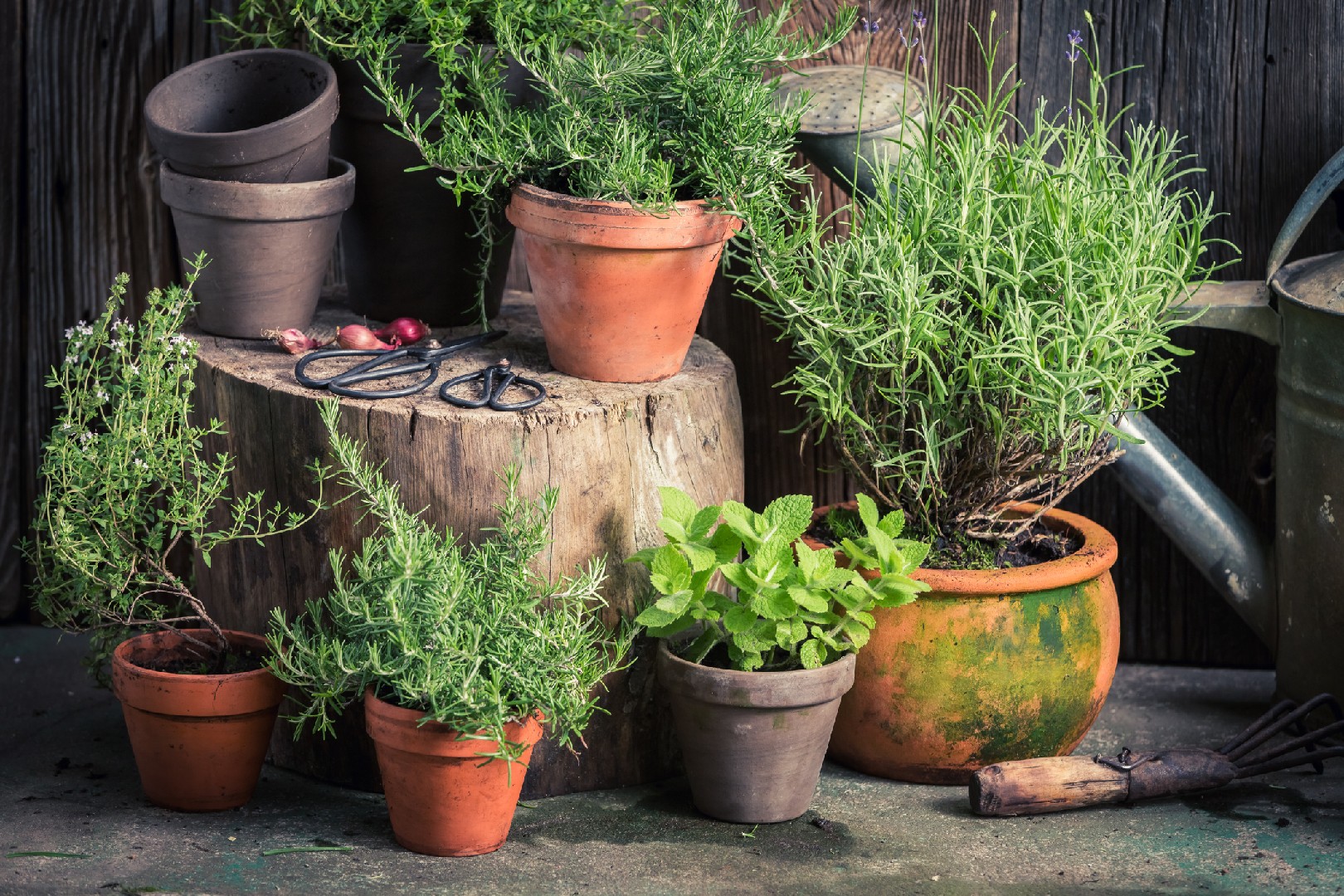![Rectangle]()
Benefits of Growing Your Own Medicinal Herbs
Growing your own medicinal herbs not only provides you with a ready supply of fresh and accessible remedies, but it also offers a host of other benefits that can enhance your overall well-being. In this section, we will explore some of the key advantages of home herb gardening and how it can positively impact your health, environment, and wallet.
One of the primary benefits of growing your own medicinal herbs is the freshness they offer. When you have a herb garden in your backyard, you have immediate access to the freshest and most potent ingredients for your medicinal concoctions. Unlike store-bought herbs that may have been sitting on the shelves for months, your home-grown herbs are harvested at the peak of their potency, ensuring maximum effectiveness of the remedies they are used in.
Accessibility is another advantage of home herb gardening. Imagine having a wide range of medicinal herbs just a few steps away from your kitchen. Whether you need a sprig of mint for a digestive tea or lavender for a soothing bath, you can easily pluck the desired herb from your garden and incorporate it into your wellness routine. This convenience not only saves you time and effort but also encourages you to consistently use these herbs, further benefiting your health.
Apart from the immediate benefits of fresh and accessible herbs, home herb gardening also offers long-term cost-effectiveness. With the rising costs of healthcare, cultivating your own medicinal herbs can help you save a significant amount of money in the long run. By investing a little time and effort in setting up and maintaining your herb garden, you can have a renewable source of remedies that eliminates the need for expensive store-bought products.
In addition to the physical health benefits, gardening itself has therapeutic advantages that can improve your mental well-being. Spending time in nature, tending to your plants, and witnessing their growth can have a calming and grounding effect on your mind. Gardening is often regarded as a form of mindfulness practice, helping to reduce stress, anxiety, and depression. It can provide a sense of purpose and accomplishment as you nurture and care for your plants, giving you a much-needed break from the demands of daily life.
Lastly, home herb gardening contributes to environmental sustainability. By growing your own herbs, you are minimizing your carbon footprint and reducing the demand for commercially grown herbs that are often transported long distances. Additionally, cultivating your own herbs allows you to avoid the use of harmful pesticides and herbicides, ensuring that your remedies are pure and free from toxins.
To make the most out of your home herb garden, here are a few practical tips. Start by researching and selecting herbs that are well-suited to your climate and growing conditions. Consider the specific health benefits you are seeking, and choose herbs accordingly. Make sure to provide adequate sunlight, water, and nutrients to your plants, and regularly monitor their growth. Harvest your herbs at the right time and store them properly to retain their medicinal properties. By following these simple practices, you can create a thriving herb garden that will support your health and well-being for years to come.
In conclusion, growing your own medicinal herbs offers a multitude of benefits that extend beyond accessibility and cost-effectiveness. It allows you to harness the therapeutic power of gardening, promotes environmental sustainability, and empowers you to take charge of your wellness journey. So why not start nurturing nature's pharmacy in your backyard today?





